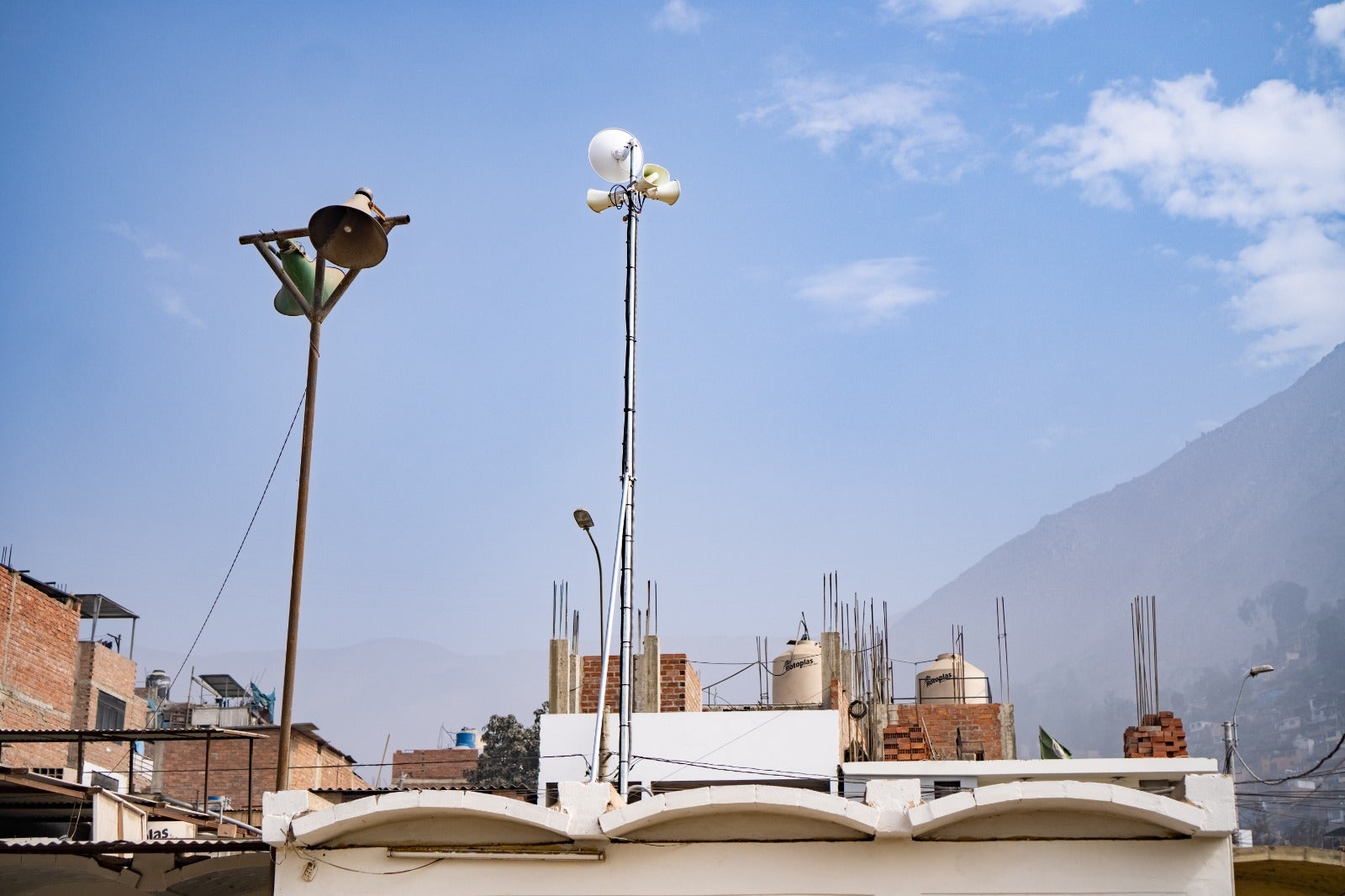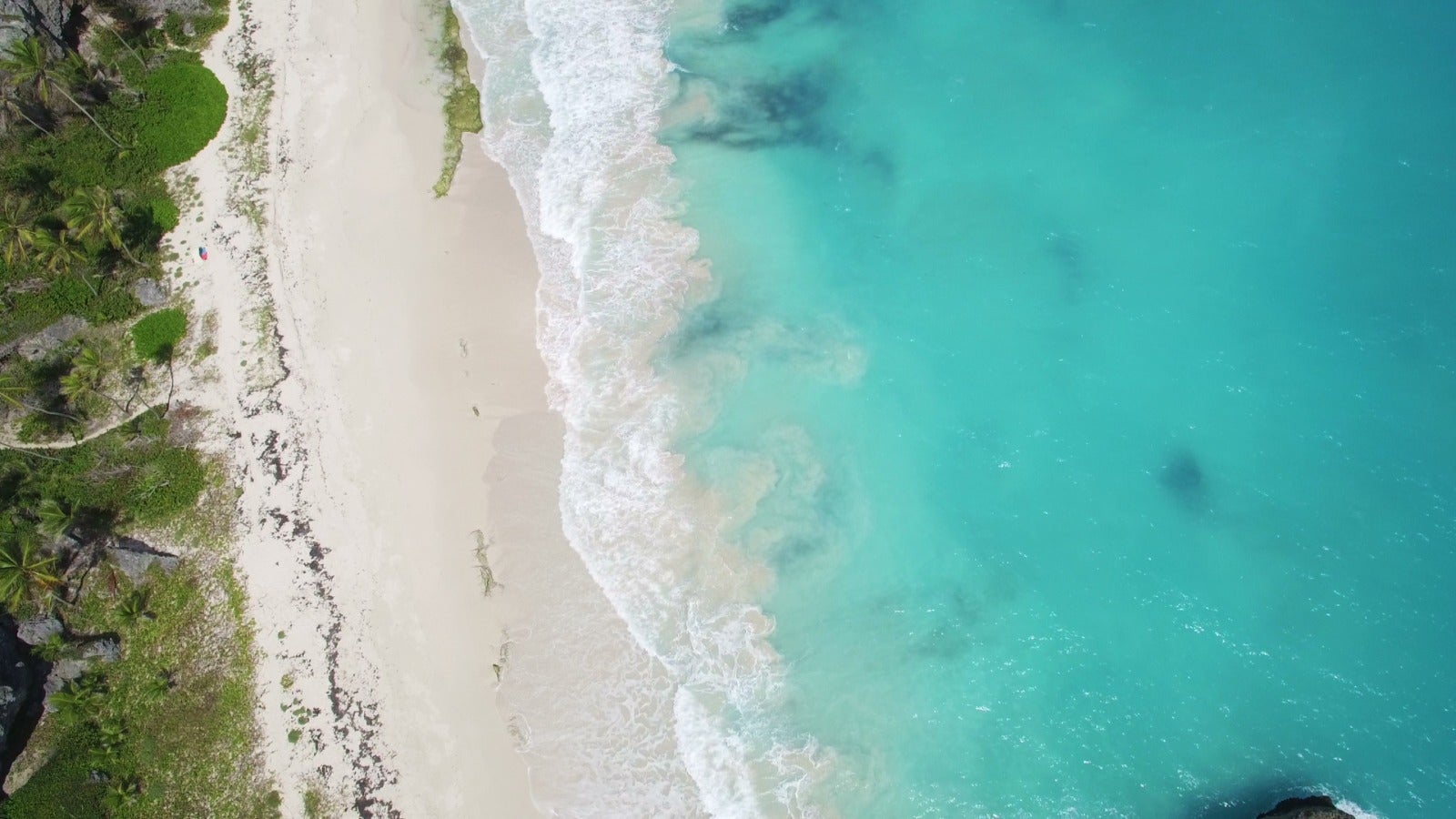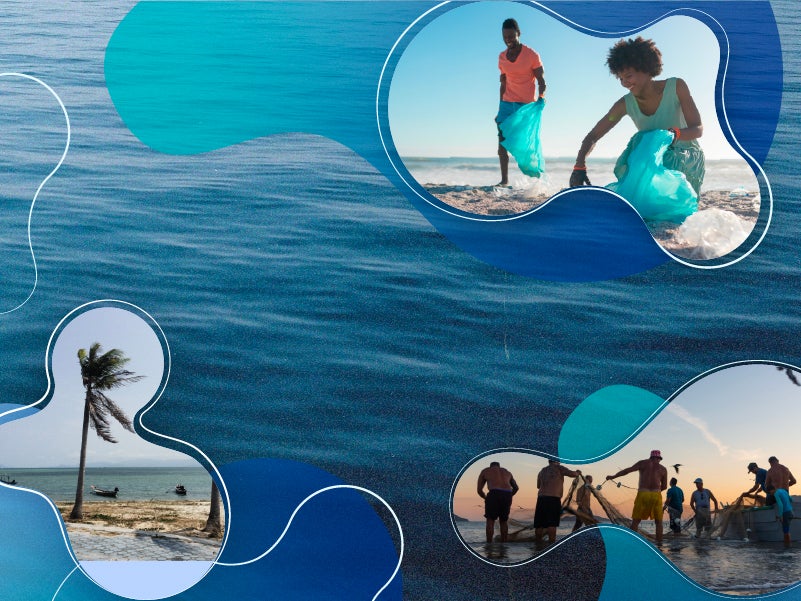As climate-related hazards intensify globally, strengthening early warning systems (EWS) has become crucial for protecting lives and building resilient communities. The United Nations' Early Warnings for All (EW4ALL) initiative exemplifies this urgent priority. The IDB actively supports this mission through loans and strategic technical cooperation projects across member … [Read more...] about Implementing Early Warnings for All in Caribbean Nations: Technical Pathways and Development Opportunities
Early Warning Systems at the Center of Climate Action: Lessons from Latin America and the Caribbean towards COP28
[This article is also available in Spanish - Este artículo también está disponible en español] Latin America and the Caribbean is the second most disaster-prone region in the globe, due to natural events. Between the years 2000 and 2022, 1,534 disasters impacted more than 190 million individuals (OCHA, UNDRR, 2023). The mitigation of susceptibility and reliance on … [Read more...] about Early Warning Systems at the Center of Climate Action: Lessons from Latin America and the Caribbean towards COP28
From Conventional to Climate-Resilient Integrated Coastal Zone Management Public Policy
The natural boundary between water and land is much blurrier than it appears on a map. If you live near a pristine natural coastline or beach, go there with a map in hand. If you compare the actual sea/land boundary you observe, with the map, you will see how they do not match (or just how vague the boundary is). Seawater is constantly moving due to the complex effects of … [Read more...] about From Conventional to Climate-Resilient Integrated Coastal Zone Management Public Policy
A regional dialogue towards a Climate-Resilient and Sustainable Blue Economy
Global economies are being redefined, not only regarding size or stage of development but also with respect to ocean and coastal resources. The Blue Economy has emerged as an economic path that promotes resilient economic growth, social inclusion, and the maintenance and improvement of livelihoods while at the same time ensuring the environmental sustainability of marine and … [Read more...] about A regional dialogue towards a Climate-Resilient and Sustainable Blue Economy
Socioeconomic Sustainability Against Climate Events: How Breakwaters can Minimize the Disruption of Tourism in the Bahamas
My friend Takao and his wife Emi went on a Caribbean cruise in January 2020, just before the COVID-19 pandemic, to celebrate their 25th wedding anniversary. As part of the tour, they visited Nassau, the capital of the Bahamas. The giant cruise ship took an eastward course early in the morning and sailed slowly towards the vast pier, facing the sunrise, with Paradise Island … [Read more...] about Socioeconomic Sustainability Against Climate Events: How Breakwaters can Minimize the Disruption of Tourism in the Bahamas





